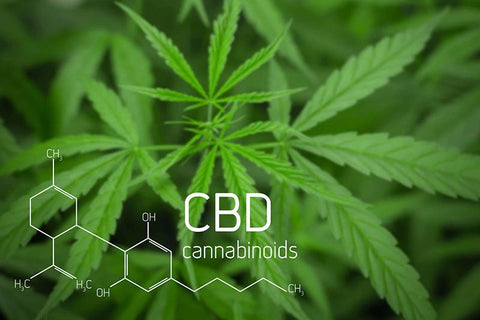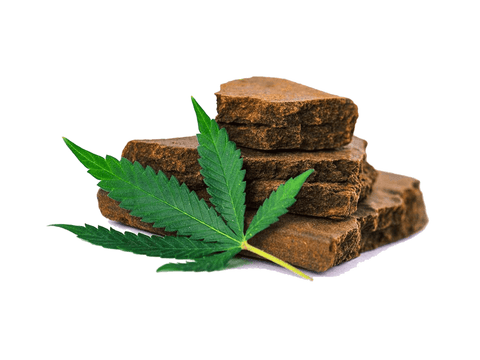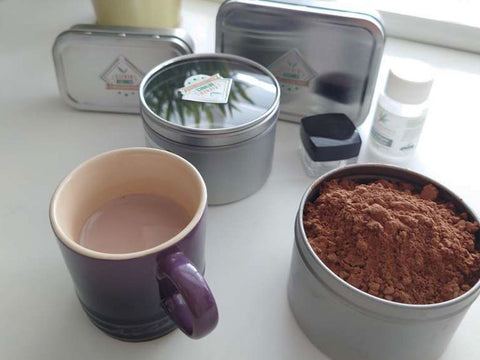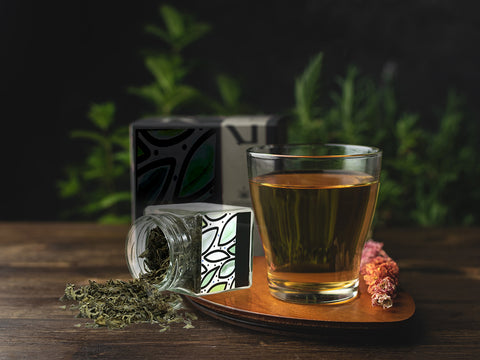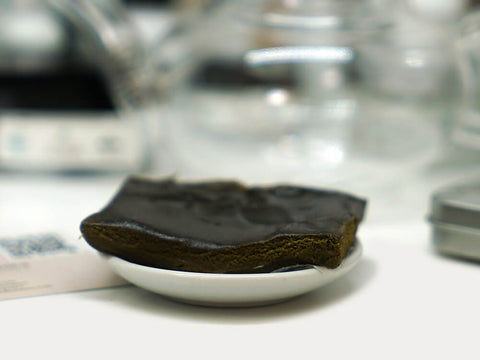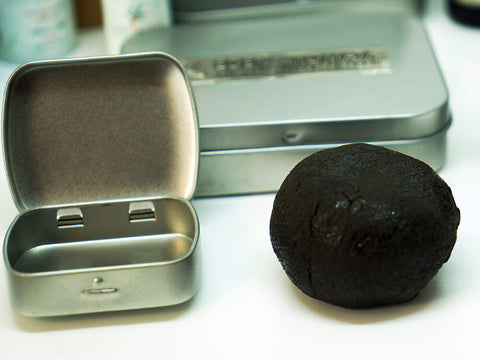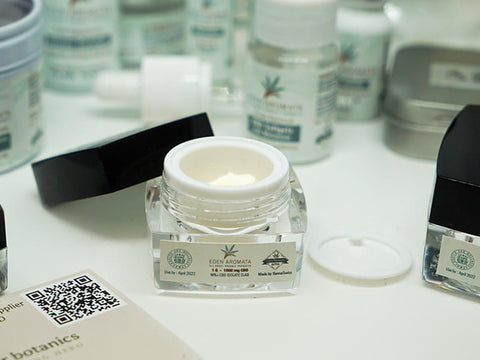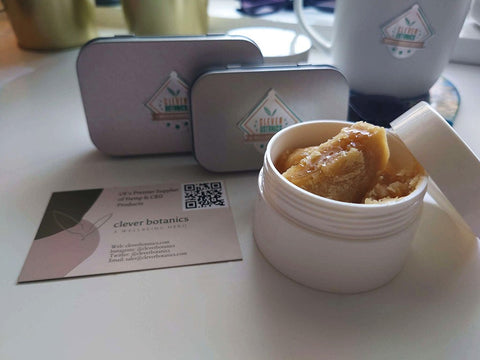High or Not? Uncovering the Effects of CBD, vs THC: What's the Difference?
CBD and THC are both compounds found in the cannabis plant, but they have different effects on the body.
THC is the psychoactive component of cannabis that produces a 'high' feeling. It can also cause side effects such as anxiety and paranoia. On the other hand, CBD does not produce a psychoactive effect and may actually counteract some of the negative effects of THC.
How CBD Works in the Body
CBD works in the body by interacting with the endocannabinoid system, which is responsible for regulating various physiological processes such as appetite, mood, and inflammation.

The endocannabinoid system consists of two main receptors, CB1 and CB2. CBD interacts with these receptors to produce a range of therapeutic effects, including pain relief, anxiety reduction, and anti-inflammatory properties.
CBD's Therapeutic Effects
CBD has been shown to have a number of therapeutic effects on the body. One of the most well-known is its ability to relieve pain, both chronic and acute. Studies have found that CBD can reduce inflammation and alleviate neuropathic pain, making it a promising treatment for conditions such as arthritis and multiple sclerosis.
In addition to pain relief, CBD has also been found to have anti-anxiety properties. Research has shown that CBD can reduce symptoms of anxiety and depression, without the side effects commonly associated with prescription medications. This makes it an attractive option for those who are looking for a natural way to manage their mental health.
Does CBD Get You High?
One of the biggest misconceptions about CBD is that it gets you high. This is simply not true. Unlike THC, which is the psychoactive component in marijuana, CBD does not produce a psychoactive effect. This means that you can use CBD without worrying about feeling high or altered in any way.

The reason for this is because CBD and THC interact with different receptors in the brain. THC binds to the CB1 receptor, which is responsible for producing the psychoactive effects of marijuana. CBD, on the other hand, does not bind to this receptor. Instead, it interacts with other receptors in the body, such as the serotonin and vanilloid receptors, which are involved in regulating mood, pain, and inflammation.
How to Use CBD
When it comes to using CBD, there are a few things to keep in mind. First, it's important to start with a low dosage and gradually increase it until you find the right amount for your body. This can help prevent any potential side effects, such as fatigue or dry mouth.
Second, there are several different administration methods to choose from, including tinctures, capsules, and topicals. Each method has its own unique benefits and drawbacks, so it's worth experimenting to see which one works best for you. And finally, it's always a good idea to consult with a healthcare professional before starting any new supplement regimen.
Conclusion: CBD as a Natural Remedy
In conclusion, CBD has shown great promise as a natural remedy for a variety of health issues. Its non-psychoactive properties make it an appealing option for those who want to avoid the side effects of traditional medication.
We've discussed how CBD differs from THC, how it interacts with the endocannabinoid system, and its potential therapeutic effects. We've also addressed common misconceptions about CBD and provided practical tips on how to use it safely and effectively.



